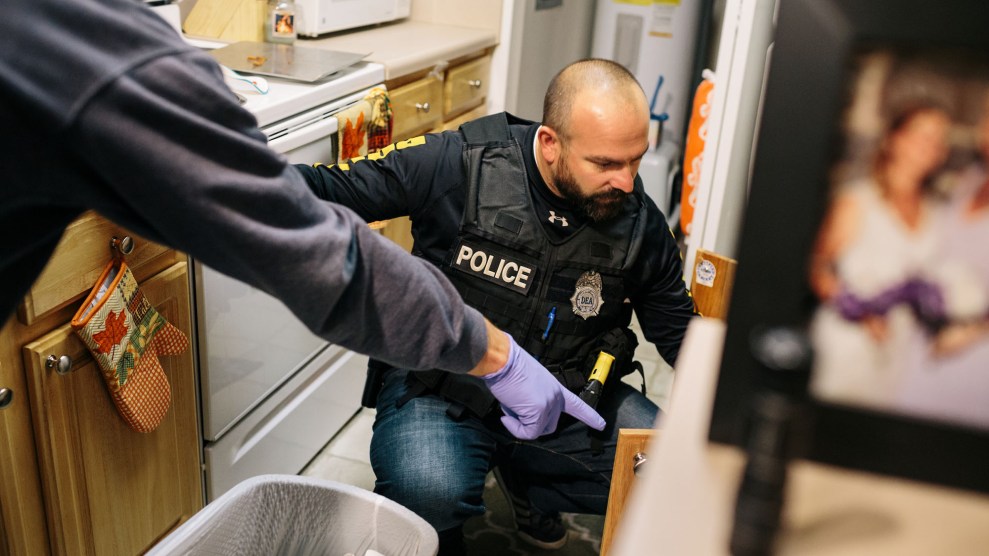
Charles Wollertz/iStock
On Tuesday, a bipartisan group of eight senators unveiled a bill that would limit initial painkiller prescriptions to three days and authorize $1 billion for addiction treatment and prevention. If passed, the CARA 2.0 Act, a follow-up to 2016’s Comprehensive Addiction and Recovery Act, will be the most significant legislation addressing the opioid epidemic since President Donald Trump took office.
Here are some more details on what the bill would do:
- Limit initial prescriptions for opioids to three days (with the exception of cancer or end-of-life care), which aligns with the prescribing guidelines published by the Centers for Disease Control and Prevention in 2016
- Eliminate barriers to prescribing buprenorphine, a gold-standard addiction medication, by making permanent a temporary provision allowing nurse practitioners and physician assistants to prescribe the medication. The bill would also allow states to waive the current cap on the number of buprenorphine patients per physician.
- Require physicians to use prescription drug monitoring programs to see if a patient is already being prescribed opioids from a different provider
- Require the federal government to come up with national standards for addiction recovery housing
- Increase civil penalties for opioid manufacturers that don’t report suspicious orders of opioids
- Authorize $1 billion to expand access to medication-assisted treatment, equip first responders with the overdose reversal drug naloxone, and provide recovery services to pregnant and postpartum women, veterans, and other vulnerable populations
All told, the legislation lines up with the recommendations put forth by both Trump’s opioid commission last year and and the surgeon general’s addiction report under President Barack Obama in 2016. CARA 2.0’s sponsors, evenly split between Democrats and Republicans, included Sens. Maria Cantwell (D-Wash.), Shelley Moore Capito (R-W.V.), Bill Cassidy (R-La.), Maggie Hassan (D-N.H.)Amy Klobuchar (D-Minn.), Rob Portman (R-Ohio),Dan Sullivan (R-Ark.), and Sheldon Whitehouse (D-R.I.).
The bill is part of an ongoing effort in both chambers to quickly identify how best to use the additional $6 billion that the two-year budget, passed by Congress last month, allocated to address the epidemic. (Many say $6 billion isn’t nearly enough to combat a crisis of such historic proportions—for reference, a White House report pegged the cost of the epidemic in 2015 at $504 billion.)
Meanwhile, the White House is holding an opioid summit on Thursday, where Trump advisor Kellyanne Conway, who is spearheading the White House’s response to the epidemic, is expected to speak.













